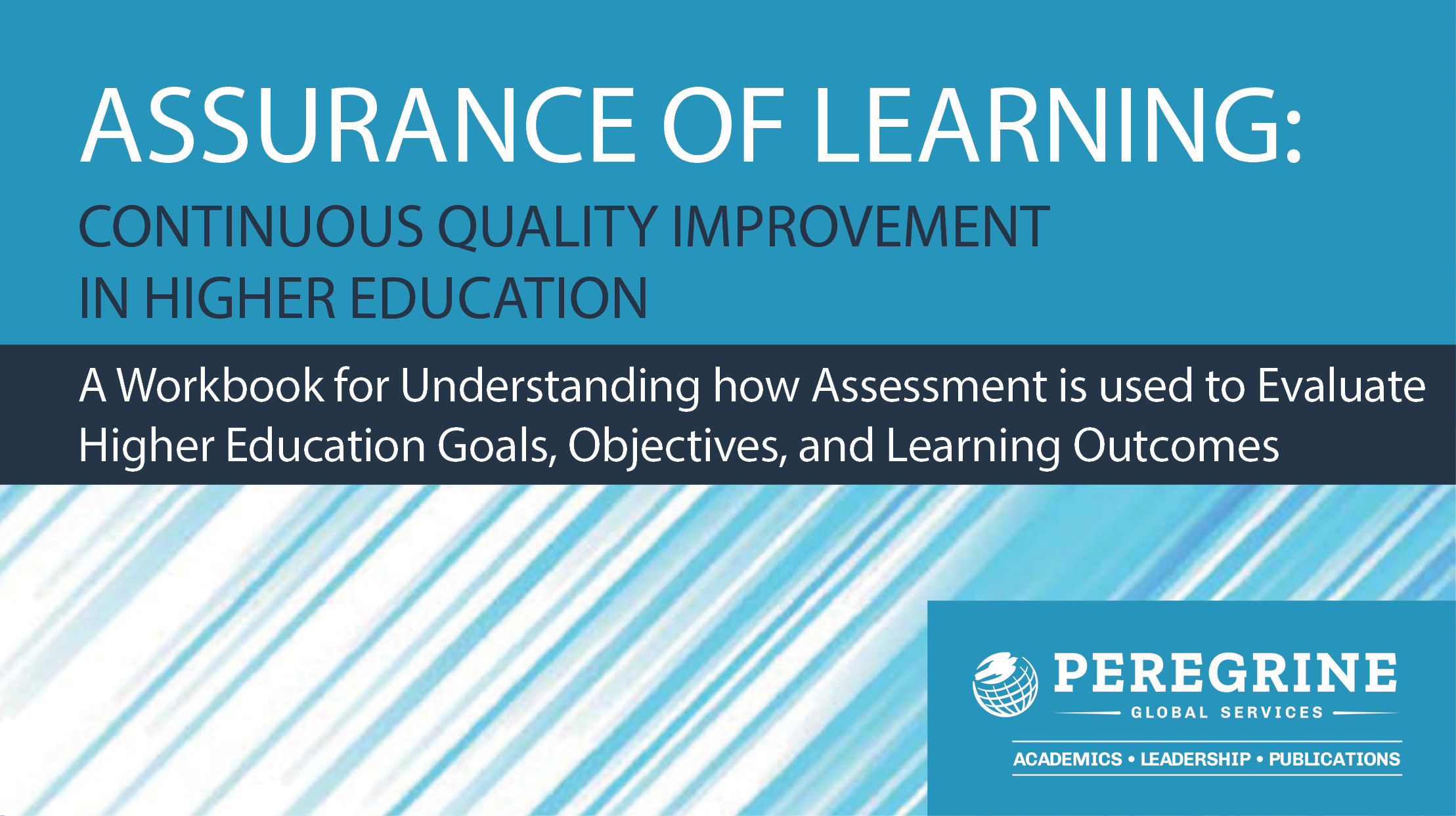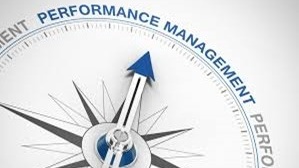Assessment Services
Programmatic assessment services are aligned with accreditation and certification requirements associated with assurance of learning including learning outcomes evaluation, quality assurance, measurement of retained student knowledge, and internal and external benchmarking.
STUDENTS: Please select from the list of items below. We do not recommend purchasing exams in order to practice an exam since these exams may not be the same as what your school has customized for its specific needs.

Accounting & Finance

Business Administration

Criminal Justice

Early Childhood Education

General Education

Global Business Education

Healthcare Administration

Public Administration
Academic Leveling Solutions
Academic leveling helps learners succeed with their business programs by providing foundational knowledge and skills in a broad range of business education topic areas. Academic leveling also provides non-business majors, or learners needing to refresh their knowledge, with the necessary business education fundamentals to complete undergraduate or advanced degrees.
Academic leveling is typically conducted within the first course(s) in the curriculum to assess whether prerequisite requirements have been met and, where appropriate, provide the course work necessary to address any gaps.

Academic Leveling Solutions
Online instructional modules used by academic institutions for academic leveling and assurance of learning requirements.

Introduction to Human Resource Management

Quantitative Research Techniques and Statistics

Business Communications

Information Management Systems

Business Leadership

Accounting Fundamentals

Business Ethics

Business Finance Fundamentals

Business Integration and Strategic Management

Legal Environment of Business

Macroeconomics

Microeconomics

Marketing Fundamentals

Operations / Production Management

Organizational Behavior

Global Dimensions of Business
Academic and Workplace Communications

Write & Cite: Academic Writing Readiness

Business Writing Fundamentals

Business Communications

Leadership Communications
Career Readiness Solutions
As described by the National Association of Colleges and Employers, career readiness is the attainment and demonstration of requisite competencies that broadly prepare college graduates for a successful transition into the workplace.
Once in the workplace, employees need to be able to manage their careers, throughout their lifetime.
Career readiness includes the process to prepare learners of any age with the skills and knowledge they will need to be successful in today's workplace environment.

Career Management

Career Readiness

Technology in the Workplace
Leadership Skills and Education

Applied Ethics

Business Leadership

Delegation

Diversity and Culture in the Global Workplace

Emotional Intelligence: Leading with Self-Awareness

Emotional Intelligence: Mental Toughness and Resilience

Leadership Communications

Leadership Decision Making

Leadership Essentials

Leadership Foundations

Leadership in the Stages of Team Development

Leadership Refresher

Leadership Styles

Leading Change

Leading Organizations

Leading the Leaders

Nonprofit Board Governance

Your Bridge to Supervision
Professional Skills Development
It is difficult to overestimate the importance of organizational development as it relates to the success of business because it affects every aspect of decision-making. Organizational development is a critical and science-based process that helps organizations build their capacity to change and achieve greater effectiveness by developing, improving, and reinforcing strategies, structures, and processes.

Business Ethics

Business Finance Fundamentals

Business Integration and Strategic Management

Business Communications

Business Writing Fundamentals

Diversity and Culture in the Global Workplace

Fulfilling Customer Expectations

Hiring: A Practical Guide for Selecting the Right People

Leading Teams

Managing Conflict

Marketing Fundamentals

OneDay Strategy Simulation: An Interactive Learning Experience

Organizational Behavior

Technology in the Workplace

Assurance of Learning
Executive Education Solutions
Senior leaders must stay current and relevant in their profession and possess both the technical and soft skills necessary to lead at the highest levels of the organization. Key performance indicators for senior leaders include strategic thinking, complex problem solving, and teamwork. Perhaps most importantly, senior leaders need business, strategic, and financial acumen. Senior leaders must be able to achieve and sustain extraordinary outcomes by engaging others to achieve the organization’s vision.

Applied Ethics

Business Integration and Strategic Management

Business Leadership, Operations, and Strategy

Leadership Refresher

Leading Organizations

Leading the Leaders

Strategy and Strategic Planning

Succession Planning and Talent Management
Pathways Programs

Nonprofit Board Governance

Entrepreneurialism

Diversity and Culture in the Global Workplace

The Continuous Quality Improvement Team

Leading Teams through Conflict and Change

Leadership Refresher

Applied Research and Statistics

Fulfilling Customer Expectations

Your Bridge to Supervision

Mastering the Hybrid Workplace

Leading Organizations

Leaders Made: Practical Leadership Training Program
Human Resource Management

Employee Retention
In this course, you will learn about the costs of turnover, how job descriptions need to be written from a retention perspective, and how new hires should be onboarded and trained.

Employee Performance Management

Introduction to Human Resource Management

Hiring: A Practical Guide for Selecting the Right People

Succession Planning and Talent Management

Mastering the Hybrid Workplace
Entrepreneurism

Entrepreneurialism

Family-Owned Business

Fulfilling Customer Expectations

Hiring: A Practical Guide for Selecting the Right People

Marketing Fundamentals

Applied Business Leadership and Strategy

Leading Organizations

Operations / Production Management
